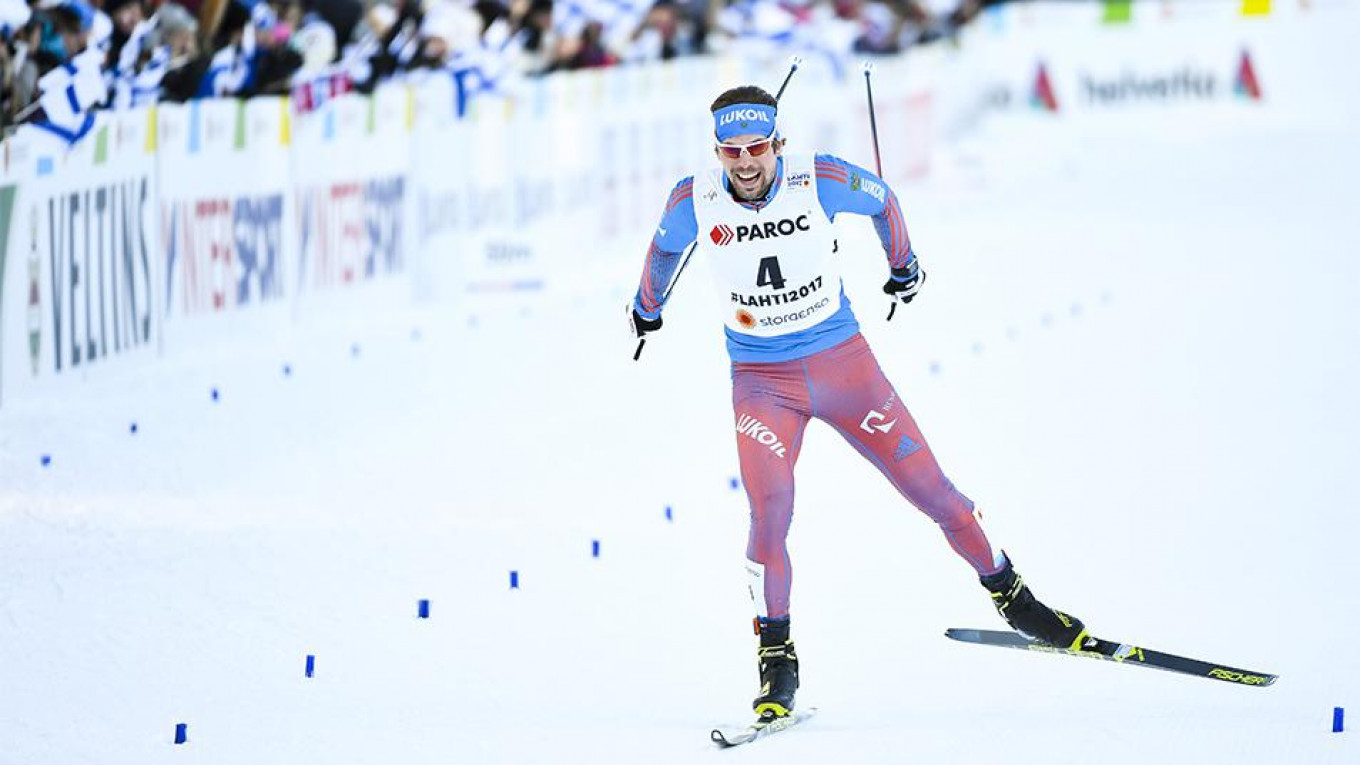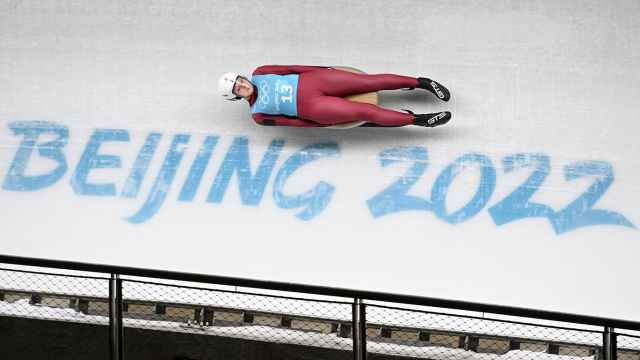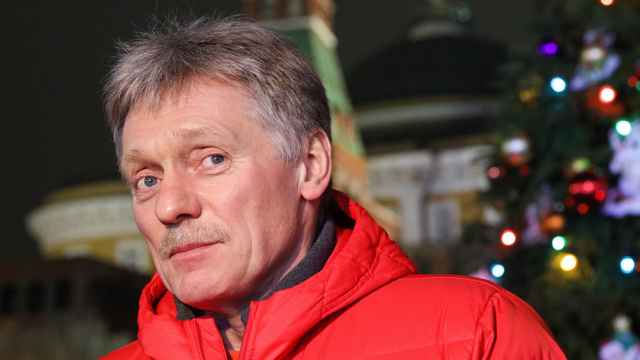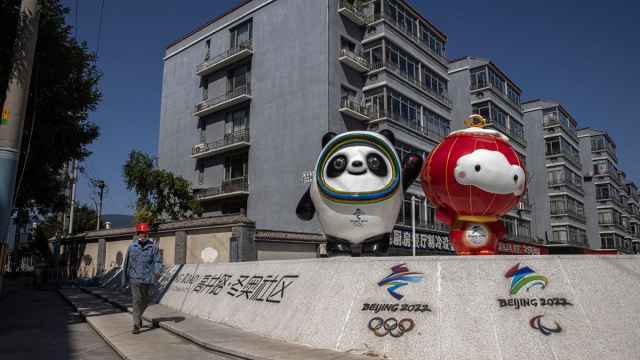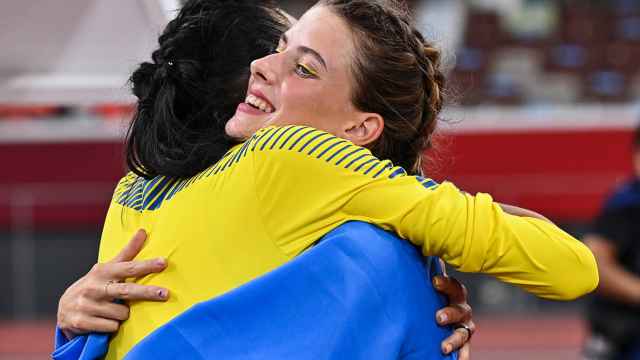Although Russia has long been a powerhouse in the Winter Olympics, its flag, anthem and tricolor will be absent from the games kicking off tomorrow in South Korea.
After a blanket ban of the Russian Olympic team in December by the International Olympic Committee (IOC) over doping allegations, individual athletes have still been cleared to compete in Pyeongchang. They will don neutral red and gray uniforms without any of Russia’s national symbols. If the athletes make it to the podium, they will hear the Olympic anthem and see its flag, not Russia’s.
As the opening ceremony on Friday approaches, however, many of those barred are still submitting appeals in a last-ditch effort to compete.
How did we get here?
The ban is a result of doping allegations that have haunted Russia’s Olympic team since it hosted the 2014 Winter Games.
According to the World Anti-Doping Agency (WADA), Russian officials and lab workers swapped out contaminated urine samples throughout the 2014 Games in Sochi for clean ones. Whistleblower Grigory Rodchenkov, the former head of a Moscow anti-doping lab now in the United States, shed light on a state-sponsored doping scheme that ran all the way up to Vitaly Mutko, the sports minister at the time.
In December, when many including Mutko were handed lifetime bans, IOC President Thomas Bach left the door open for athletes to participate at the Games by IOC invitation if they could show that they were clean.
Who will be competing?
A total of 168 Russian athletes have since been approved for Pyeongchang. They will compete in events including bobsled, curling, ice hockey, luge, figure skating and skiing competitions. (By comparison, the United States has sent 243 athletes to Korea; the German team, which many expect to top the medal count by the end of the two weeks, has sent 156 athletes.)
Still, some of Russia’s best athletes will be staying home. They include six-time gold medalist speed skater Viktor Ahn and cross-country skiing world champion Sergei Ustyugov.
Since December, athletes have been appealing to the Court of Arbitration for Sport (CAS) to be allowed to compete at the Games. On Friday morning, CAS said it will announce its decision on 45 athletes.
Will the appeals succeed?
Some of the disciplines that athletes are trying to compete in, however, have already taken place, including a Russian curling match.
"We can’t comment on what just happened,‘ luge coach Albert Demchenko was cited by the Associated Press as saying after the hearing Thursday. ’I’ll just say that we came here to defend our good name and we were fully listened to by the CAS panel."
If the CAS panel lets the athletes from Russia compete, the IOC will find themselves in a tricky position and already, there has been dissonance between the sporting tribunal and the Olympic committee.
After CAS overturned 28 of 40 lifetime bans on Russian Olympians last week, the IOC maintained its position on Wednesday and refused to issue invitations to the 13 athletes that requested them.
For now, Russian athletes at home are waiting at the ready, said Sergei Parkhomenko, the general secretary of the Russian Federation. "If there’s a positive ruling, they’ll fly in,‘ the AP cited him as saying on Thursday.
The reactions
Russia has long called the doping allegations a political conspiracy and after last weeks’ CAS ruling, Russian officials said the decision proved its athletes were clean.
’It confirms our position that the overwhelming majority of our athletes are clean athletes,‘ said President Vladimir Putin. ‘All of us are happy that justice has finally triumphed,’ said Sports Minister Pavel Kolobkov.
Anti-doping officials have expressed disappointment in the days since the CAS ruling.
’I believe that in the collective mind of a significant portion of the world and among the athletes of the world, the IOC has not only failed to protect clean athletes but has made it possible for cheating athletes to prevail against clean athletes,‘ former world anti-doping chief Richard Pound was cited by Agence France Presse as saying.
British IOC member Adam Pengilly moved beyond disappointment in his comments. ’It is a desperate and dark day for sport, with cheats and thieves allowed to triumph," he told reporters.
What to expect at the Games
Two weeks ahead of the games, on Jan. 25, the IOC released guidelines for athletes from Russia during their two weeks in Pyeongchang.
They include not showing public support for Russia, including on social media, wearing accessories that form the tricolor, accepting Russian flags from fans or hosting alternate celebrations with the Russian flag and anthem.
If they follow the guidelines, they may see the Russian flag hoisted at the closing ceremony on Feb. 25.
"The athletes became acquainted with the guidelines before leaving for Korea," Alexander Zubkov, the head of the Russian Bobsled Federation, told The Moscow Times. "Of course they will stick to them."
Indeed, as Russian athletes left for Korea, photos and videos circulated on social media showing their official luggage covered with tape to hide the Russian logo.
A Message from The Moscow Times:
Dear readers,
We are facing unprecedented challenges. Russia's Prosecutor General's Office has designated The Moscow Times as an "undesirable" organization, criminalizing our work and putting our staff at risk of prosecution. This follows our earlier unjust labeling as a "foreign agent."
These actions are direct attempts to silence independent journalism in Russia. The authorities claim our work "discredits the decisions of the Russian leadership." We see things differently: we strive to provide accurate, unbiased reporting on Russia.
We, the journalists of The Moscow Times, refuse to be silenced. But to continue our work, we need your help.
Your support, no matter how small, makes a world of difference. If you can, please support us monthly starting from just $2. It's quick to set up, and every contribution makes a significant impact.
By supporting The Moscow Times, you're defending open, independent journalism in the face of repression. Thank you for standing with us.
Remind me later.


